Dopamine
-

Defective transporter linked to autism
A first-of-its-kind mouse model may help reveal mechanistic underpinnings for the altered behaviors of autism spectrum disorder. Read MoreJul 24, 2019
-

Impulsivity in Parkinson’s Disease
A noninvasive MRI technique may help predict a troubling side effect of common medications for Parkinson’s Disease and improve clinical treatment plans. Read MoreOct 27, 2017
-
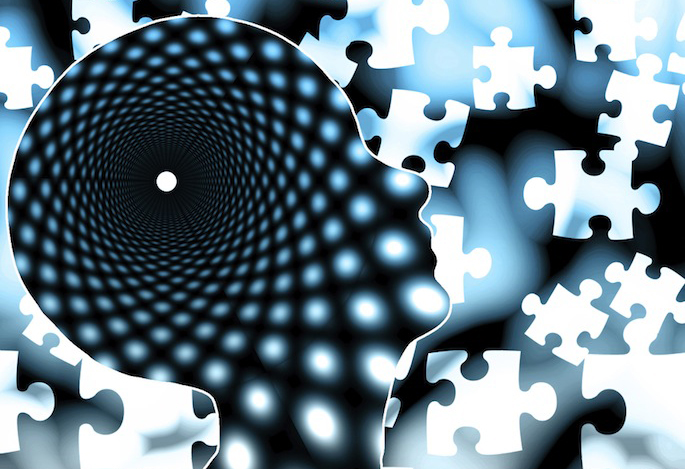
Signals of schizophrenia
Vanderbilt researchers have discovered a possible molecular mechanism of schizophrenia that could lead to new treatments for the disorder. Read MoreJul 9, 2015
-

Altered dopamine signaling may offer a clue to autism
Newly discovered genetic variations linked to autism spectrum disorder (ASD) disrupt the function of the dopamine transporter, suggesting that altered dopamine signaling contributes to this common developmental condition, according to a Vanderbilt University-led research team. Read MoreJan 29, 2015
-
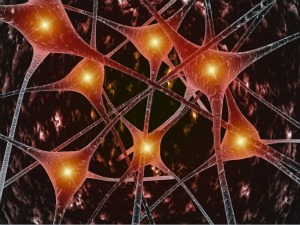
New view of dopamine heteromers
Although heteromeric dopamine receptors composed of both D1 and D2 subunits have been proposed to play a role in depression and schizophrenia, recent studies suggest these heteromers do not exist. Read MoreJan 23, 2015
-

‘Darting’ mice may hold clues to ADHD, autism and bipolar disorder
The transgenic mouse, into which was inserted a rare human genetic variation in the dopamine transporter, could lead to improvements in the diagnosis and treatment of these all-too-common brain disorders. Read MoreOct 23, 2014
-

National Geographic: The mystery of risk
What exactly pushed Christopher Columbus to embark on a voyage across the Atlantic, or Edward Jenner to test his theory for an early smallpox vaccine on a child, or Henry Ford to bet that automobiles could replace horses? David Zald, professor of psychology, studies risk-taking and is quoted. Read MoreMay 16, 2013
-

Fava beans’ impact on urine sodium
Eating fava beans increases dopamine in blood and urine, but does not stimulate urinary sodium excretion. Read MoreApr 29, 2013
-
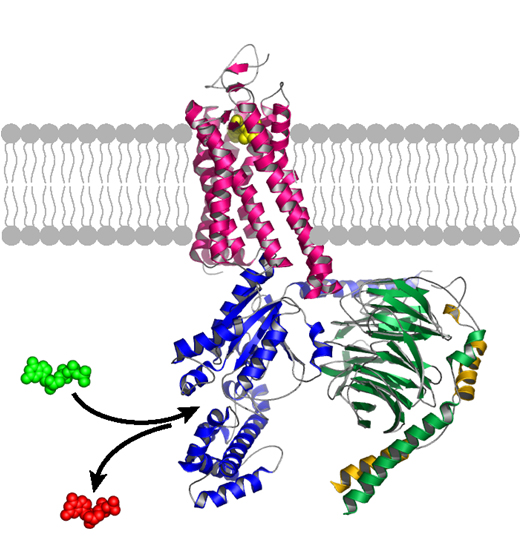
Nobel in Chemistry reveals VU ties that bind
Several Vanderbilt researchers have collaborated with this year's Nobel Chemistry winners. Read MoreOct 18, 2012
-
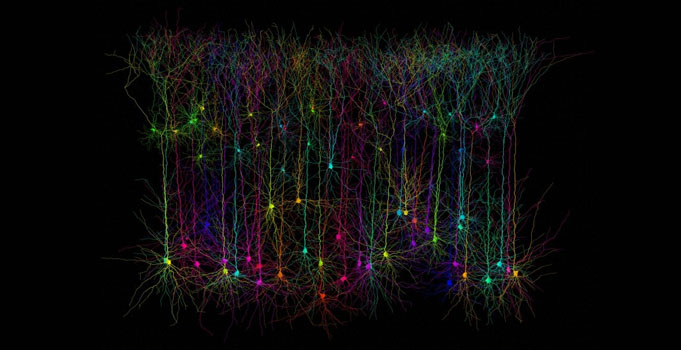
New clue to ADHD
A rare genetic change adds support to the idea that altered dopamine signaling is a key risk factor for ADHD. Read MoreMay 15, 2012
-
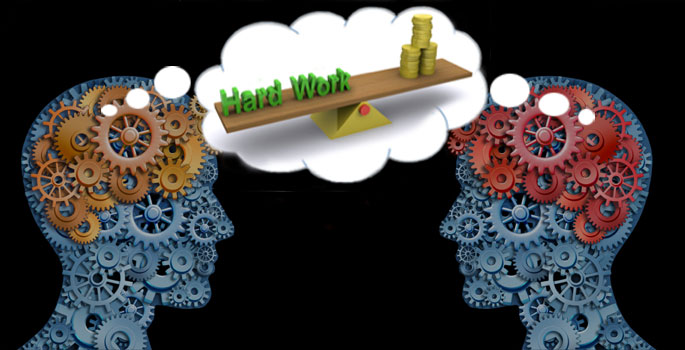
Dopamine impacts your willingness to work
A new brain imaging study that has found an individual’s willingness to work hard to earn money is strongly influenced by the chemistry in three specific areas of the brain. Read MoreMay 1, 2012
-

Kidney dopamine regulates blood pressure, life span
Vanderbilt University Medical Center investigators have demonstrated that dopamine produced outside the brain – in the kidneys – is important for renal function, blood pressure regulation and life span. Read MoreAug 5, 2011
-

Smell test tells disorders apart
Patients with certain autonomic nervous system disorders have impaired odor identification, which could aid in diagnosis. Read MoreMar 17, 2011